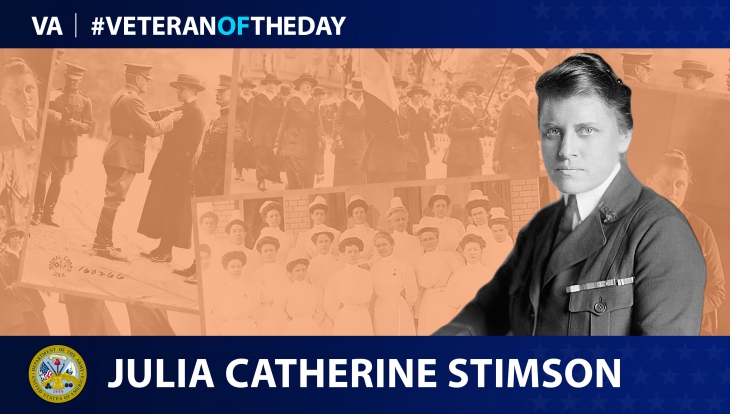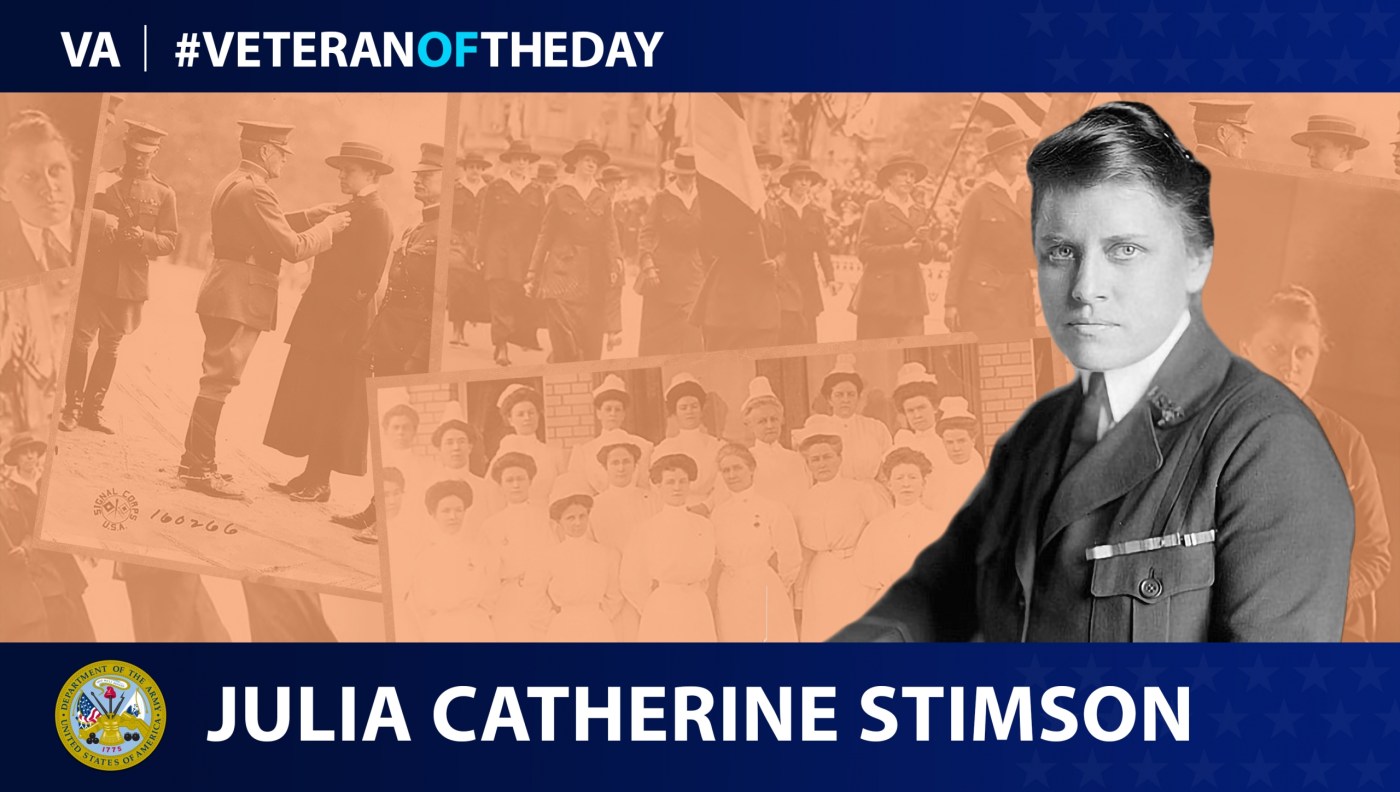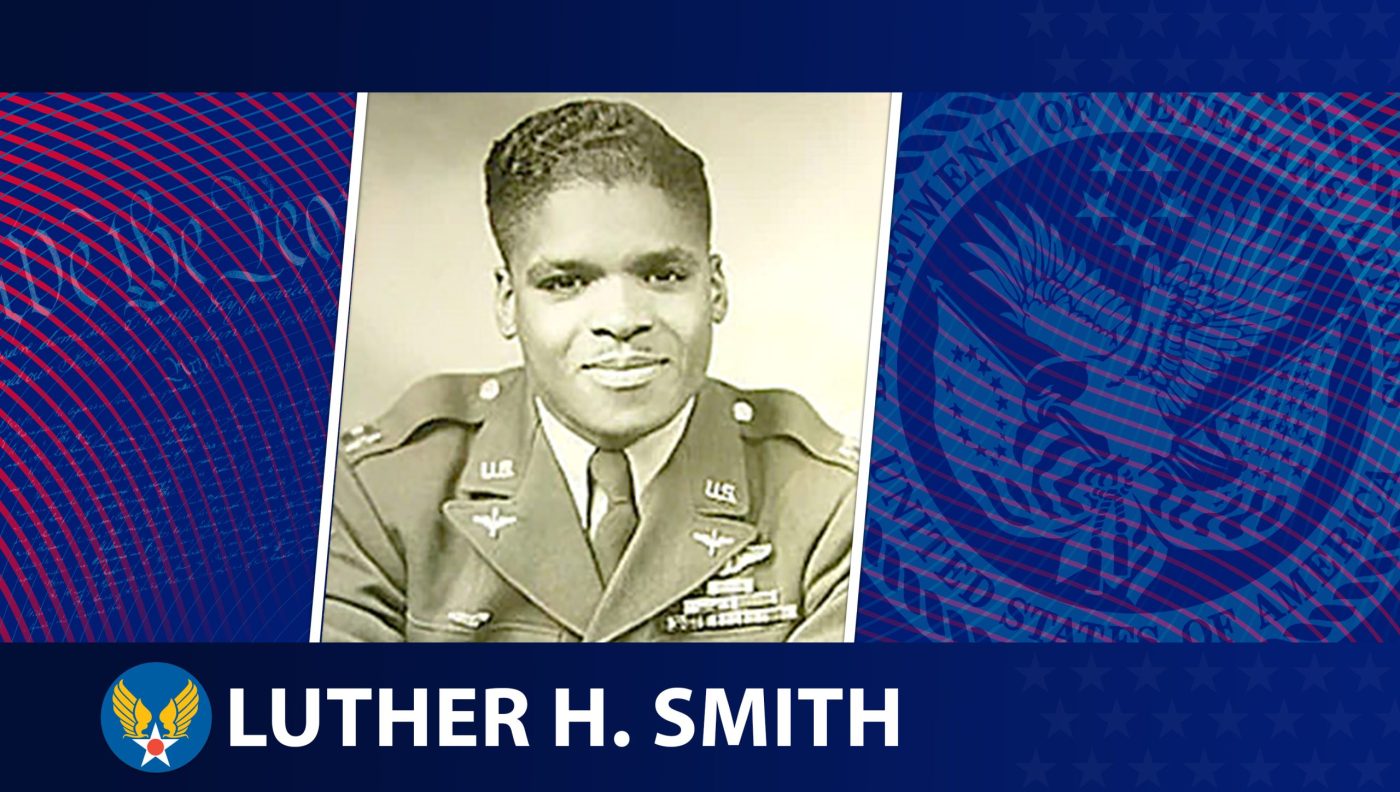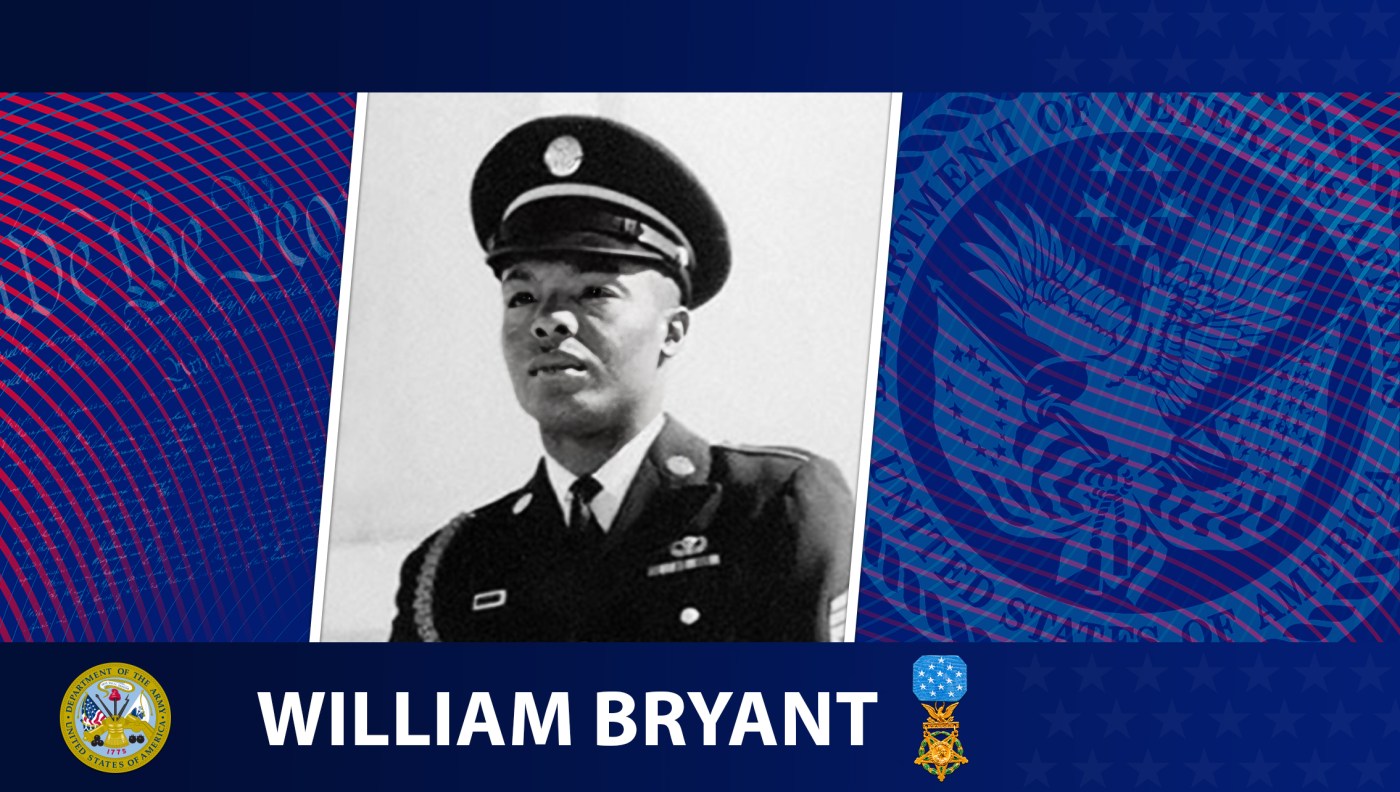
During Women’s History Month, today’s #VeteranOfTheDay is Army Veteran Julia Catherine Stimson, a superintendent of the Army Nurse Corps.
Julia Catherine Stimson was born to Reverend Henry A. Stimson and Alice Bartlett Stimson in Worcester, Massachusetts, in May 1881. She had five siblings and was first cousins to Henry L. Stimson, the secretary of War under Presidents William Howard Taft, Franklin D. Roosevelt and Harry S. Truman. He also served as secretary of State from 1929 to 1933 under President Herbert Hoover.
She attended public schools in St. Louis, Missouri, and the Brearley School in New York City for her elementary and secondary education. Stimson studied at Vassar College in Poughkeepsie, New York, and earned her bachelor’s degree in 1901.
In 1908, she received her nursing degree from the New York Hospital Training School for Nurses.
Between 1908 and 1911, she served as the superintendent of nurses at Harlem Hospital in New York City. Then, she held the first of many jobs at Washington University Hospitals in St. Louis, Missouri, at Barnes Hospital and the Children’s Hospital. She was initially in charge of the social service department but later expanded her roles to include the management of the nursing eepartment and the oversight of the training school.
Later, in 1917, she received her master’s degree in sociology from Washington University in St. Louis.
In April 1917, she volunteered for military service. In May of that same year, she led the nurses of Base Hospital #21, the Washington University unit, to their wartime service in Rouen, France.
As a superintendent of the Army Nurse Corps, Stimson became the first woman to be promoted to major in the U.S. Army.
Her subsequent duties were as a chief nurse of the American Red Cross Nursing Service in Paris and as director of nursing for the American Expeditionary Forces in Tours, France.
Following the end of World War I, Stimson received a Distinguished Service Medal for her service in France. Other nations honored Stimson with a British Royal Red Cross, 1st Class; a French Medaille de la Reconnaissance Francaise; a Medaille d’Honneur de l’Hygiene Publique; and an International Red Cross Florence Nightingale Medal.
In July 1919, Stimson returned to Washington and became the dean of the Army School of Nursing and the acting superintendent of the corps. She later accepted the responsibilities of the superintendent of the Army Nurse Corps on Dec. 30, 1919.
On May 31, 1937, Stimson retired after 20 years of service. She had recently lost a sister and her father and returned to New York to be with her widowed mother.
In her retirement, she continued her work as a nurse, and in 1938, she became president of the American Nurses Association.
During World War II, she became reinvolved in the war effort. She acted as the chief of the Nursing Council on National Defense and was responsible for training a new wave of female nurses.
In 1948, Stimson promoted to a full colonel.
In September 1948, Stimson passed away at St. Francis Hospital in Poughkeepsie, New York.
We honor her service.
Nominate a Veteran for #VeteranOfTheDay
Do you want to light up the face of a special Veteran? Have you been wondering how to tell your Veteran they are special to you? VA’s #VeteranOfTheDay social media feature is an opportunity to highlight your Veteran and his/her service.
It’s easy to nominate a Veteran. Visit our blog post about nominating to learn how to create the best submission.
Contributors
Writer: Adrienne Brookstein
Editors: Katherine Berman and Julia Pack
Fact checkers: Jordan Gossett and Hannah Bundschuh
Graphic artist: Grace Yang
Topics in this story
More Stories
This week’s Honoring Veterans Spotlight honors the service of Army Veteran David Hickman, who served during the Iraq War.
This week’s Honoring Veterans Spotlight honors the service of Air Force Veteran Luther H. Smith, who served in Italy during World War II.
This week’s Honoring Veterans Spotlight honors the service of Army Veteran and Medal of Honor recipient William Maud Bryant.






We honor the service of Julia Catherine Stimson.